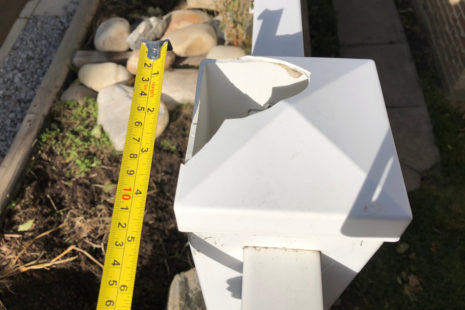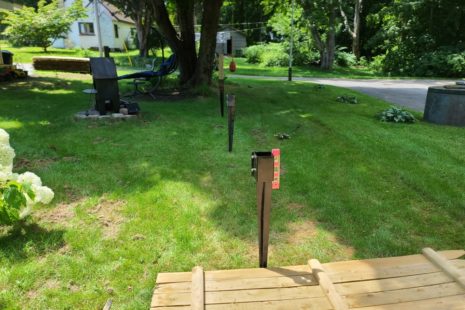The amount you should spend on fencing can vary widely depending on various factors, including your specific needs, the type of fence you want, the materials you choose, and the location of your property. Here are some considerations to help you determine how much you should spend on fencing:
- Purpose of the Fence: Start by identifying the primary purpose of the fence. Is it for privacy, security, aesthetics, to keep pets or children safe, or to mark property boundaries? Different purposes may require different types of fencing, which can vary in cost.
- Fence Type: There are various types of fences to choose from, such as wooden fences, vinyl fences, chain-link fences, wrought iron fences, and more. Each type has a different price range, with wooden and vinyl fences generally being more expensive than chain-link, for example.
- Materials: The choice of materials greatly affects the cost of the fence. For instance, if you opt for a wooden fence, the type of wood (e.g., cedar, pine, redwood) and its quality will impact the cost. Similarly, if you choose a vinyl fence, the quality and style of the vinyl can vary in price.
- Fence Height and Length: The size and length of the fence will directly impact the cost. Taller fences and longer runs will generally cost more.
- Labor Costs: Labor costs for installing the fence can vary depending on your location, the complexity of the installation, and the availability of contractors. Labor costs can be a significant portion of your overall budget.
- Additional Features: Consider whether you want any additional features like gates, decorative elements, or special finishes. These can add to the cost.
- Maintenance: Some fence types require more maintenance than others. While initial costs may vary, you should also factor in long-term maintenance costs when making your decision.
- Local Regulations: Be sure to check with your local authorities regarding any zoning regulations, permits, or restrictions that may affect the type and height of the fence you can install. Compliance with local regulations can impact costs.
- Get Multiple Quotes: It’s a good practice to get quotes from multiple fencing contractors or suppliers. This will give you a better idea of the average cost in your area and help you find a competitive price.
- Budget Constraints: Finally, consider your budget constraints. Determine how much you are willing and able to spend on your fencing project while ensuring it meets your needs.
There is no fixed amount that everyone should spend on fencing, as it varies widely based on individual circumstances. It’s essential to carefully assess your needs, research your options, and obtain quotes to make an informed decision that aligns with your budget and requirements.




